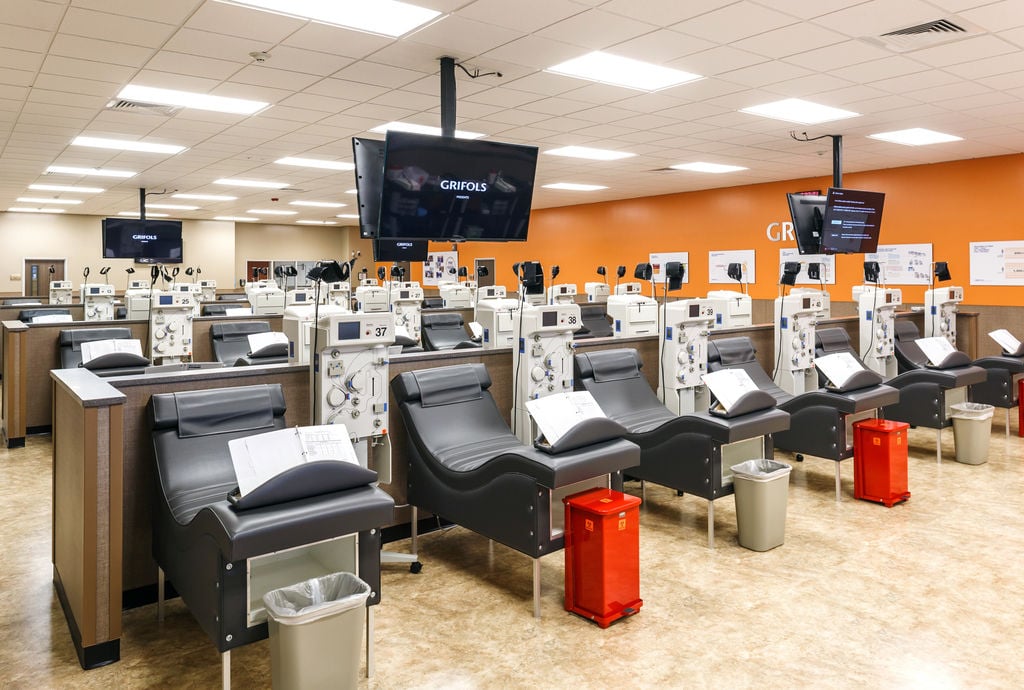

Registration forms for source plasma donation centers are forthcoming. Results of proficiency testing must be authorized for release to the Clinical Laboratory Evaluation Program. Source plasma donation centers must participate in CMS-approved commercially available proficiency testing for total protein.

Source plasma donation centers must employ both a responsible physician, who oversees all plasma collection activities, and a laboratory director, who oversees the donor eligibility testing. Thank you for choosing BioLife We’ve taken your feedback and we’re upgrading our website for a better user experience. Facilities that perform plasma collection for intravenous use, collect any other blood components, or perform any other testing must obtain a blood bank or clinical laboratory permit from the Clinical Laboratory Evaluation Program.

First-time donors or returning donors without a donor ID card. Source plasma donation centers are required to comply with federal regulations for source plasma collection and donor eligibility testing specifically for hematocrit and total protein. If you have a donor ID, be sure to bring it with you to your appointment. You can donate every 28 days, up to 13 times per year. Plasma products are used by burn, trauma and cancer patients. Only 4 percent of the population has type AB blood. This term does not apply to facilities where single donor plasma is collected for the purpose of intravenous use. Type AB plasma is the only universal type and can be given to patients of any blood type. "Source plasma" means the fluid portion of human blood collected by plasmapheresis and intended as source material for plasma protein therapies. Source plasma donation centers are facilities where source plasma is collected by plasmapheresis. Please call the Blood Donor Center (21) for more information about these procedures, which have different donor requirements.


 0 kommentar(er)
0 kommentar(er)
